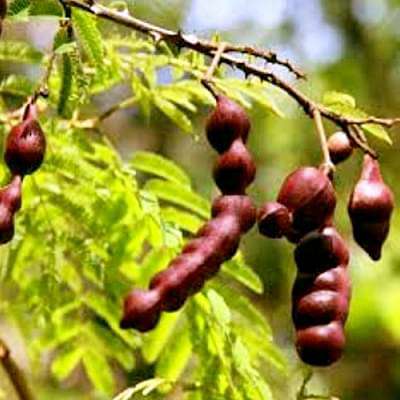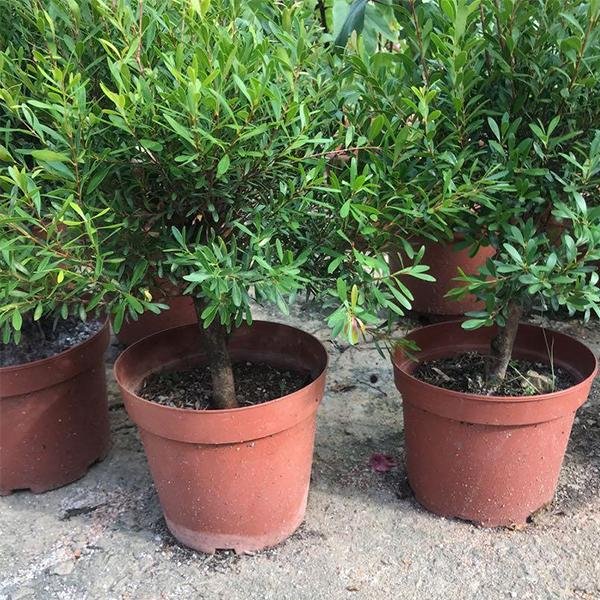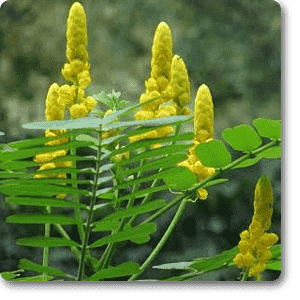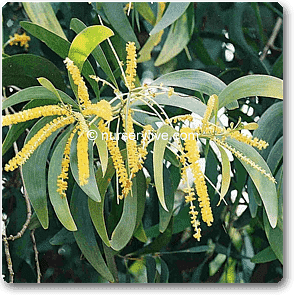Description
Khirni (Manilkara hexandra) is a tree species in the tribe Sapoteae, in the Sapotaceae family
Manilkara hexandra is a slow-growing but fairly large evergreen species. Ceylon Iron Wood is a tree or a shrub, 3-12 m tall, with gray bark and smooth branchlets. Alternately arranged leaves are often closely clustered towards the end of branchlets, with conspicuous scars. Leaf-stalks are 0.8-2 cm. The leaf blade is obovate to obovate-elliptic, both surfaces smooth, base broadly wedge-shaped to obtuse. Flowers arise in fascicles in leaf axils. Berry is obovoid-oblong to ellipsoid.Plant Specifications
Plant Height
7 inch (18 cm)
Plant Spread
5 inch (13 cm)
*above specification are indicative only. actual dimensions may vary by +-10%
Common Name
Ceylon Iron Wood, milk tree, wedge-leaved ape flower, Khirni, Palu, Rayan
Maximum Reachable Height
3-12 meter
Flower Colour
White or light yellow
Bloom Time
August-December
Difficulty Level
Easy to grow
Planting and careStart with pruning shears for smaller growth. Use loppers, which look like giant, long-handle shears, for growth that is more than half an inch thick. A small pruning saw is handy, as it cuts on both the push and the pull.Khirni careIt grows in tropical and temperate forests.
Sunlight
Full Sun to Partial Shade
Watering
Medium
Soil
Well-drained soil
Temperature
24 degrees C to 33 degrees C
Fertilizer
Apply any organic fertilizer
Khirni special featureA handsome Indian evergreen tree often planted as an ornamental for its fragrant white flowers that yield a perfume; source of very heavy hardwood used for railroad ties. In olden time, the very hard timber was used for making lances.Khirni uses
Ornamental Use:
The plant is used for an ornamental purpose
Medicinal Use:
The leaves are applied to the head in the form of a poultice for severe colds
Oil from the seeds is used for sores, scabies, wounds, and rheumatism
The root of this herb is often used as an antidote for snake poison
The dried flowers are used for bleeding hemorrhoids and dysentery with mucus
Fresh flowers are also prescribed for excessive thirst, excessive perspiration, cough, and for indigestion
Culinary Use:
Leaves






Reviews
There are no reviews yet.